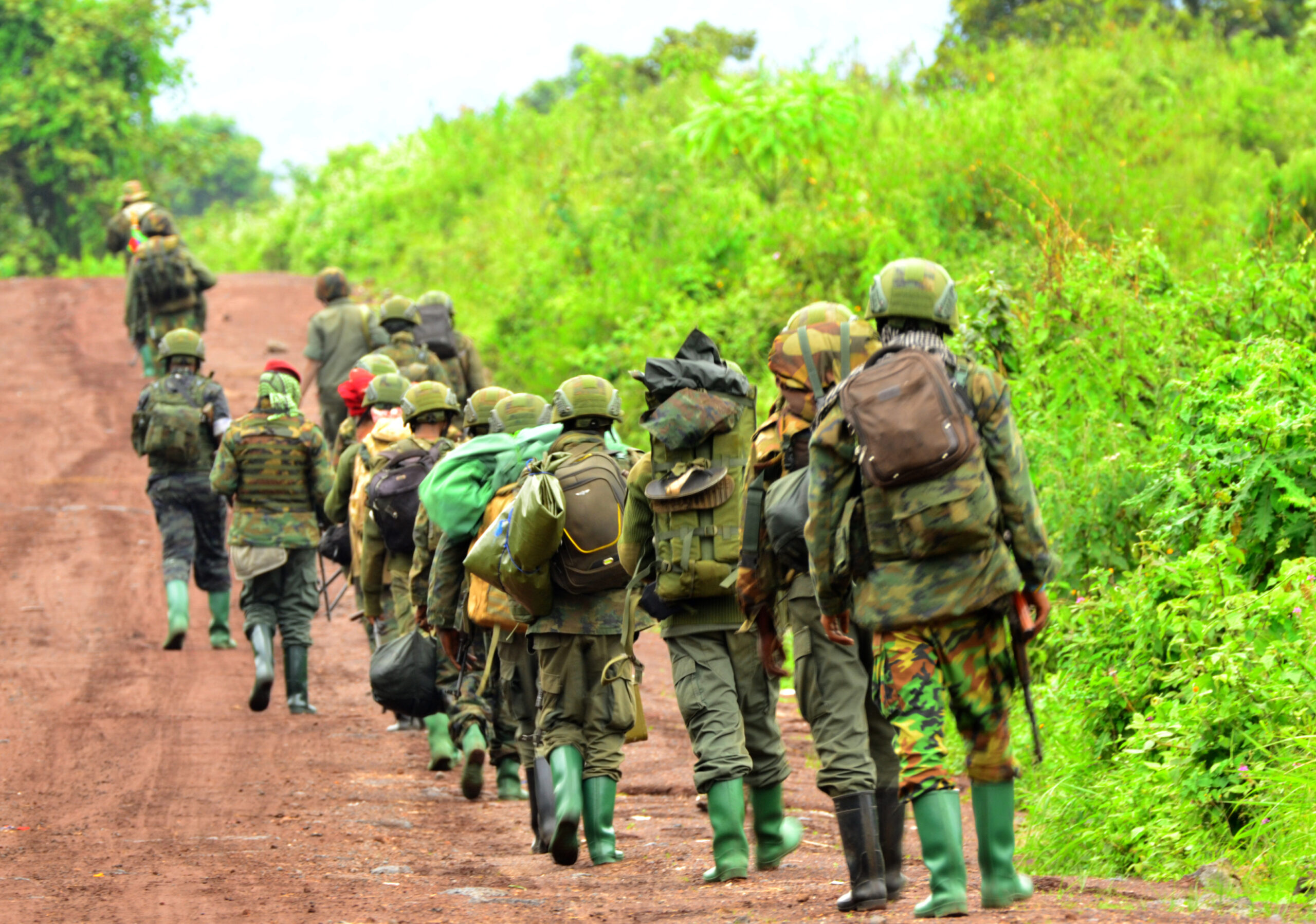
Between 3,000 and 4,000 Rwandan government forces are currently deployed in eastern Congo, operating alongside the M23 rebel group, according to a report circulated by U.N. experts on Wednesday. The report describes this estimate as conservative and highlights the Rwandan forces’ systematic support and presence, which it considers a sanctionable offense. The experts emphasize that this deployment violates Congo’s sovereignty and territorial integrity.
The report notes that Rwandan forces exert de facto control over M23 operations, thereby holding Rwanda accountable for M23’s actions. This assertion is part of a 293-page document submitted to the U.N. Security Council.
Eastern Congo has long been plagued by armed violence driven by numerous factions vying for power, territory, and valuable mineral resources. This ongoing conflict has resulted in mass killings by various armed groups.
President Felix Tshisekedi of Congo, alongside U.S. and U.N. experts, has accused Rwanda of providing military support to M23. Rwanda has denied these allegations but acknowledged the presence of its troops and missile systems in eastern Congo as a measure to ensure its own security, particularly in response to increased Congolese military activities near the border.
The origins of the current crisis trace back to the 1994 Rwanda genocide, which saw the mass killing of ethnic Tutsis and moderate Hutus by Hutu extremists. The aftermath led to a significant refugee influx into neighboring eastern Congo.
The M23 rebels, primarily composed of Congolese ethnic Tutsis, gained prominence after seizing Goma, the largest city in eastern Congo, near the Rwandan border, in November 2012.
Rwandan Ambassador Ernest Rwamucyo recently addressed the Security Council, accusing Congo and the international community of failing to protect Congolese citizens, particularly Tutsis, whom he claimed are facing ethnic cleansing by armed groups.
The panel of experts identified the Rwandan troops in eastern Congo as belonging to the military’s 2nd and 3rd divisions, deployed in the regions of Nyiragongo, Rutshuru, and Masisi. These forces were reportedly instrumental in the significant territorial gains made by M23 from January to March 2024.
The situation has raised serious concerns among U.N. officials, including Special Envoy Bintou Keita, regarding the rapid expansion of M23 attacks and their impact on neighboring South Kivu.
Despite a recent humanitarian truce, violence in eastern Congo persists unabated. The experts’ report also documents the use of advanced military technology, including drones and precision-guided mortar shells, by M23 with support from Rwanda, in violation of a U.N. arms embargo.
Efforts to unite various political and armed groups under the Alliance Fleuve Congo (AFC) against the Congolese government have thus far not been successful, according to the experts.
